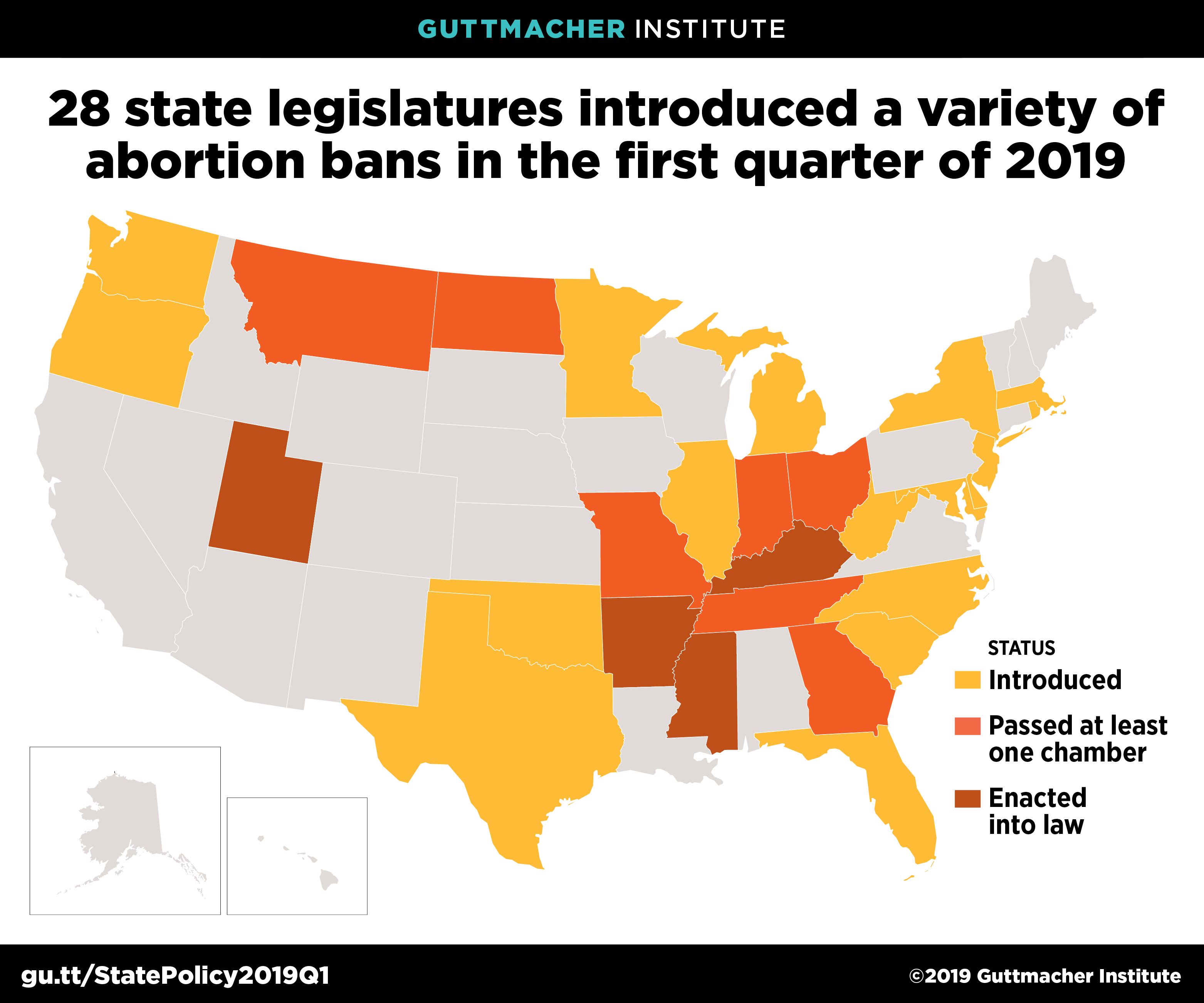Current Abortion Laws by State Map

Overview of Abortion Laws by State Map
States with Strict Abortion Laws
There are several states with strict abortion laws, including Alabama, Arkansas, Georgia, Kentucky, Louisiana, Mississippi, Missouri, North Dakota, Ohio, Oklahoma, South Carolina, Tennessee, and Texas. These states have enacted laws that restrict access to abortion, such as mandatory waiting periods, counseling sessions, and ultrasound requirements. Some of these states have also attempted to ban abortions after six weeks of pregnancy or once a fetal heartbeat is detected.
Pros and Cons of Strict Abortion Laws
- Pros:
- Protects the rights of the unborn child
- May reduce the number of abortions
- May encourage women to consider other options, such as adoption
- Cons:
- May force women to seek unsafe abortions
- May violate a woman's right to choose what happens to her body
- May disproportionately affect low-income women and women of color
States with Liberal Abortion Laws
On the other hand, there are several states with liberal abortion laws, including California, Colorado, Connecticut, Hawaii, Maine, Maryland, Nevada, New York, Oregon, Vermont, and Washington. These states have enacted laws that protect a woman's right to choose and provide access to safe and legal abortions. Some of these states have also expanded access to abortion by allowing nurse practitioners and physician assistants to perform the procedure.
Pros and Cons of Liberal Abortion Laws
- Pros:
- Protects a woman's right to choose what happens to her body
- Ensures access to safe and legal abortions
- May reduce the number of unsafe abortions
- Cons:
- May be seen as morally objectionable by some individuals and groups
- May lead to an increase in the number of abortions
- May be financially burdensome for some states
States with Mixed Abortion Laws
There are also several states with mixed abortion laws, including Alaska, Arizona, Florida, Idaho, Illinois, Indiana, Iowa, Kansas, Michigan, Minnesota, Montana, Nebraska, New Hampshire, New Jersey, New Mexico, North Carolina, Pennsylvania, Rhode Island, Utah, Virginia, West Virginia, Wisconsin, and Wyoming. These states have enacted laws that fall somewhere between strict and liberal, with varying degrees of regulations and restrictions.
Pros and Cons of Mixed Abortion Laws
- Pros:
- May provide a compromise between protecting the rights of the unborn child and a woman's right to choose
- May be more politically feasible than strict or liberal laws
- May reflect the opinions and values of the majority of residents in a state
- Cons:
- May not provide enough protection for the rights of the unborn child
- May not provide enough access to safe and legal abortions
- May be confusing and difficult to understand for women seeking abortions
Frequently Asked Questions
Q: Can I get an abortion in any state?
A: The legality of abortion varies from state to state. Some states have strict regulations and restrictions, while others have more liberal laws. It is important to research the laws in your state and seek out a reputable healthcare provider if you are considering an abortion.
Q: What is the "heartbeat bill"?
A: The "heartbeat bill" is a type of abortion ban that prohibits abortions after a fetal heartbeat is detected, usually around six weeks of pregnancy. Several states have attempted to pass this type of legislation, though it has faced legal challenges and is not in effect in all states.
Q: Can I get an abortion after 20 weeks?
A: Some states have enacted laws that prohibit abortions after 20 weeks of pregnancy, while others allow abortions up to 24 weeks or later in certain circumstances. It is important to research the laws in your state and seek out a reputable healthcare provider if you are considering an abortion.
Q: What is the "TRAP law"?
A: The "TRAP law" is a type of legislation that imposes unnecessary and burdensome regulations on abortion clinics, such as requiring physicians to have admitting privileges at nearby hospitals and mandating specific building codes. These laws are often designed to make it more difficult for women to access safe and legal abortions.
Conclusion
The current abortion laws by state map is complex and varies greatly from state to state. While some states have enacted strict regulations and restrictions, others have protected a woman's right to choose and provided access to safe and legal abortions. It is important for individuals to research the laws in their state and advocate for policies that protect reproductive rights and healthcare access for all women.
